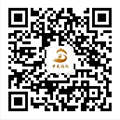The expenses for traveling to Jiangsu can be calculated based on various aspects such as different modes of transportation, hotel accommodation, and dining options. Below is a detailed travel expense budget for your reference:
1. Travel Expenses
Airplane/ Train: For long-distance travel, airplanes and trains are common choices. Taking Nanjing as the destination, if departing from a city far away, the cost of airplane tickets can fluctuate based on the season, how early they are booked, and the airline, ranging from a few hundred to thousands of yuan. If you’re looking for cost-effectiveness and don’t mind a longer journey, the train is a more economical option. Train ticket prices vary depending on the type of train and the class of seat, with hard sleeper tickets roughly costing between 28.57−71.43 $, with specific prices depending on the train schedule and booking time.
Local Transportation: Upon arrival in Jiangsu, local transportation costs are relatively economical. Taking Suzhou as an example, the public transportation system is well-developed, including buses, subways, and the distinctive tourist route Suzhou Good Travel, which can conveniently take you to various attractions. Daily local transportation costs are about 1.43−2.86$, making it very suitable for tourists on a tight budget.
Car Rental: If you prefer self-driving tours, renting a car is also a good option. Car rental costs vary depending on the model, rental company, and the length of the rental period. Generally, the daily rental fee for an economy car is between 14.29−42.86 $. Additionally, you need to consider fuel costs and possible toll fees. For a three-day car rental trip, including fuel and toll fees, the total cost is approximately 71.43−128.57 $. Of course, the specific costs can also be affected by road conditions and driving habits.
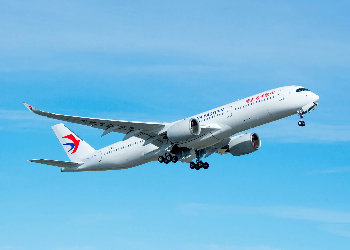
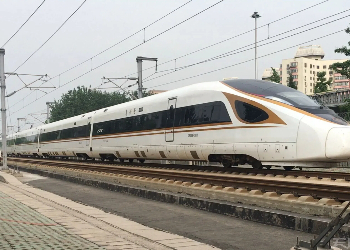
2、Hotel Accommodation Expenses
In Jiangsu, hotel accommodation fees vary significantly based on different hotel types and classes.
Budget Hotels: For travelers with limited budgets, budget hotels are a suitable choice. According to Booking.com, the average nightly rate for comfortable hotels in Jiangsu is approximately SGD 45, equivalent to around 30.39 $. These hotels typically offer basic accommodation facilities and cater to travelers seeking cost-effectiveness.
Luxury Hotels: For those seeking a higher quality accommodation experience, luxury hotels are another option. These hotels not only provide a more comfortable living environment but may also include additional services such as fitness centers, spas, and more. Based on the same data source, the average nightly rate for luxury hotels is approximately SGD 95, equivalent to around 65.71 $.
Homestays/ Youth Hostels: Besides traditional hotels, Jiangsu offers numerous homestays and youth hostels for travelers to choose from, which are more economical accommodation options. Prices for homestays and youth hostels can range from 4.14-27.62 $, depending on their geographical location and accommodation conditions. For instance, some youth hostels in Suzhou have an average nightly rate of around 17.59 $. These accommodations usually provide more personalized services and a richer local cultural experience, making them suitable for backpackers and travelers with limited budgets.
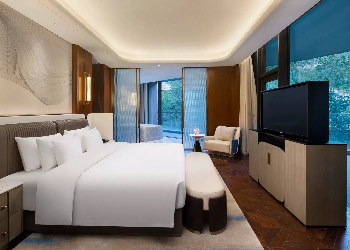
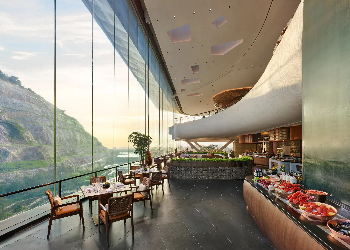
Overall, hotel accommodation expenses in Jiangsu cover a range of options from budget to luxury, catering to the needs and budgets of different travelers. Whether it’s budget hotels for cost-effectiveness, luxury hotels for high-quality services, or homestays and youth hostels for experiencing local culture, travelers can choose suitable accommodation based on their needs and budgets.
When traveling in Jiangsu, dining expenses are an integral part of the travel budget, but compared to some other popular tourist destinations, dining costs in Jiangsu are generally more affordable.
Breakfast: Regarding breakfast, Jiangsu boasts a rich and colorful breakfast culture with relatively low prices. A bowl of authentic Suzhou-style noodles, with their rich broth and chewy noodles, has become the first choice for many tourists’ breakfasts. At street-side noodle shops, a bowl of Suzhou-style noodles costs around 2.14 $, making it both economical and delicious. If tourists choose to stay at a hotel that includes breakfast, the breakfast fee is usually included in the room rate, with no additional payment required.
Lunch and Dinner: The costs for lunch and dinner are more diverse, depending on the type of restaurant and dishes you choose. For ordinary meals, prices range from approximately 4.28- 14.28 $. This price range can cover everything from simple fast food to more refined home-style dishes. If you opt to dine at small restaurants, the cost may be even lower. These places typically offer authentic Jiangsu cuisine, such as Yangzhou Fried Rice and Nanjing Salted Duck, which are not only flavorful but also priced affordably.
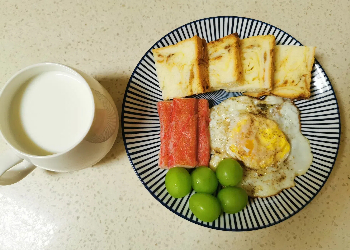
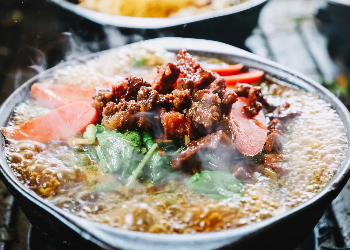
Of course, if tourists wish to enjoy a gourmet dinner, Jiangsu also offers a plethora of options. High-end restaurants usually serve exquisite dishes in an elegant dining environment but come with higher prices. A dinner at a high-end restaurant may cost over 28.57 $, or even more. However, such an experience often allows tourists to savor Jiangsu’s unique culinary culture while enjoying the delicious food.
4. Attraction Admission Fees
In Jiangsu, particularly in the Suzhou area, admission fees for attractions vary depending on the type, popularity, and level of protection of the site. For attractions that require tickets, visitors can choose based on their interests and schedules.
The garden attractions in Suzhou are a must-visit for tourists, with the Humble Administrator’s Garden, Lingering Garden, and Lion Grove Garden being particularly famous.
Ticketed Attractions: The Humble Administrator’s Garden has an admission fee of 11.42 $ during the peak season and 10 $ in the off-season; the Lingering Garden costs 7.85 $ in peak season and 6.42 $ in off-season; the Lion Grove Garden is 5.71 $ in peak season and 4.28 $ in off-season. These gardens attract many visitors with their unique designs and historical value, and the ticket prices reflect their maintenance costs and cultural significance. Ancient town attractions also require tickets. The Tongli Ancient Town has an admission fee of 11.42 $, and Zhouzhuang Ancient Town is 14.28 $. These ancient towns are popular choices for visitors due to their quaint charm and rich cultural heritage, with ticket fees used for the protection and maintenance of these historical sites.
Free Attractions: Of course, there are also many attractions in Suzhou that do not require admission fees, such as the Suzhou Museum, Suzhou Silk Museum, and Suzhou Opera Museum. These museums are not only free to the public but also showcase Suzhou’s rich historical culture and artistic treasures, providing visitors with a window into Suzhou’s history and culture. Visitors can explore these museums for free and gain a deeper understanding of Suzhou’s traditional culture and historical background.
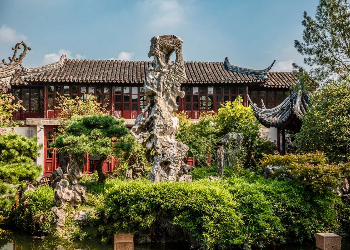
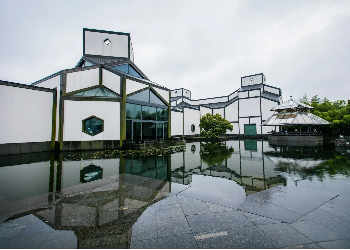
Admission fees for attractions in Jiangsu vary depending on the type and popularity of the site, and visitors can choose based on their interests and schedules. Whether it's a ticketed attraction or a free one, both offer visitors a rich cultural experience and fond memories during their travels.
5、Entertainment and Shopping Expenses
Shopping: In major tourist cities and scenic areas in Jiangsu, tourists can easily find shops and stalls selling local handicrafts. For example, Suzhou’s embroidery and silk products, Wuxi’s clay figurines and purple clay teapots, and Nanjing’s Yunjin silk and rainflower stones are all handicrafts with strong local characteristics that are deeply loved by tourists. These handicrafts are not only crafted with exquisite techniques but also rich in cultural connotations, making them an excellent choice for tourists to take home as souvenirs or gifts. To purchase these handicrafts, tourists should budget approximately 71.42 $. Of course, specific spending will vary based on personal preferences and purchase quantities.
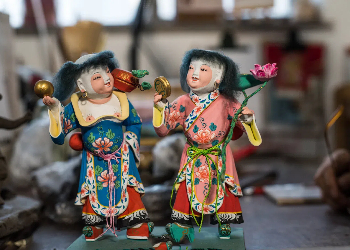
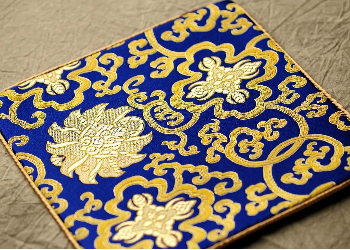
Additionally, Jiangsu’s local specialties are another popular category for tourists to buy. For instance, Suzhou’s osmanthus cake, Wuxi’s small steamed meat buns, and Nanjing’s saltwater duck are all unique and flavorful local delicacies that tourists can take home as gifts to share with family and friends. Meanwhile, Jiangsu’s teas, rice wines, and other beverages are also favored by tourists, with specific amounts varying based on the varieties and quantities purchased.




































